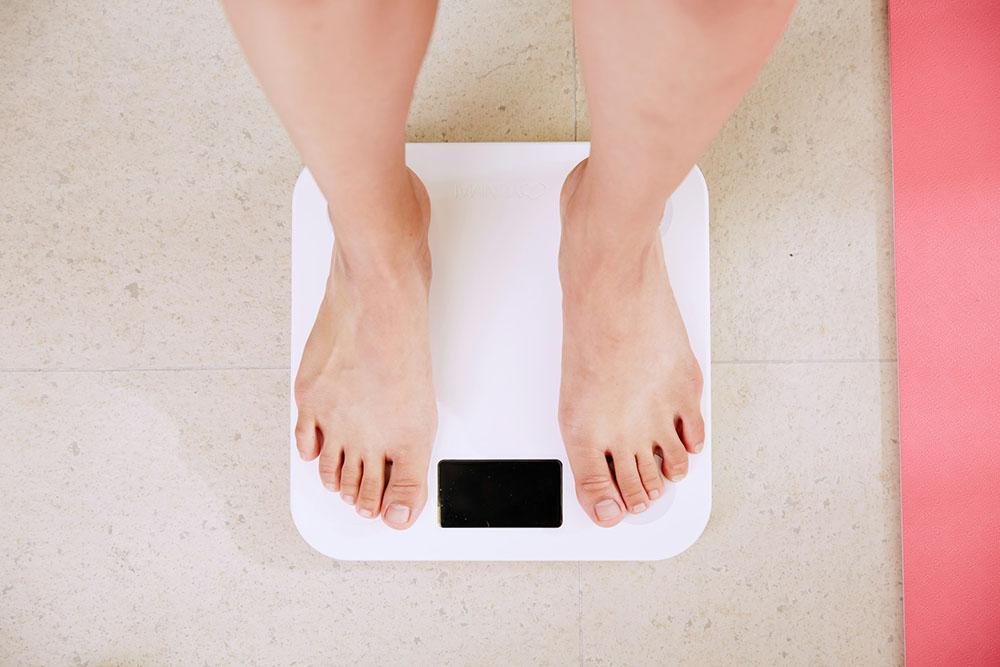
We’ve all heard it: “Eat less, move more.” But when it comes to controlling body weight, which one actually moves the needle more—what’s on your plate, or how much you sweat?
For millions chasing better health, sharper looks, or peak performance, this question isn’t just academic—it’s personal. And while both diet and exercise matter, the evidence leans heavily toward one side of the scale.
Let’s unpack the science, psychology, and everyday realities behind this age-old debate.
Diet: The Quiet Power Player
1. Calories In vs. Calories Out—But Not All Calories Are Equal
At its core, weight control is about energy balance. But here’s the twist: It’s far easier to not eat 500 calories than to burn them.
- Skip a sugary drink and a pastry? That’s 500 calories gone.
- Jog for 45 minutes? You might burn the same—but you’ll be sweaty, hungry, and possibly reaching for a snack afterward.
Diet directly controls the “calories in” side of the equation, and small tweaks can lead to big changes.
2. Satiety, Cravings, and the Psychology of Fullness
Whole foods—think fiber-rich veggies, lean proteins, healthy fats—keep you full longer and stabilize blood sugar. Ultra-processed foods? They spike insulin, crash energy, and leave you reaching for more.
It’s not just about calories—it’s about how food makes you feel, and whether it helps you stop eating when you’re actually full.
3. Simplicity and Accessibility
You don’t need a gym membership to eat better. Meal prepping, mindful eating, and portion awareness can be done anywhere, anytime. Compared to exercise, dietary changes are often easier to start, easier to sustain, and more immediately rewarding.
Exercise: The Unsung Hero of Maintenance
1. Burning Calories Is Harder Than You Think
Yes, exercise boosts energy expenditure. But unless you’re training like an athlete, it’s tough to out-exercise a poor diet.
- A 30-minute run might burn 300–400 calories.
- A burger and fries? Easily double that.
And many people unknowingly eat more after workouts, thinking they’ve “earned it.”
2. Metabolic Magic and Mood Boosts
Exercise does more than burn calories—it rewires your body:
- Improves insulin sensitivity
- Builds muscle (which burns more calories at rest)
- Releases endorphins that fight stress and emotional eating
It’s a metabolic upgrade and a mental health booster rolled into one.
3. The Long Game: Keeping Weight Off
Diet might win the sprint, but exercise is key for the marathon. People who maintain weight loss long-term almost always include regular physical activity. Plus, the benefits go beyond the scale—stronger hearts, better sleep, sharper minds.
What the Research Really Says
- A 2015 meta-analysis confirmed it: diet alone leads to more weight loss than exercise alone.
- Programs like Weight Watchers prioritize food tracking over fitness routines.
- Athletes manipulate their diets to hit weight targets—proving that food is the more precise tool.
That said, combining both yields the best results. But if you’re choosing where to start, start with your fork.
The Human Factor: Habits, Emotions, and Environment
1. Motivation and Momentum
Dietary changes often show results faster—think looser jeans in two weeks. That early success can fuel motivation, making it easier to stick with the plan.
Exercise, while essential, demands more time, effort, and often a mental shift—especially for beginners.
2. Emotional Eating and Mindful Movement
We don’t just eat because we’re hungry. We eat because we’re bored, stressed, sad, or celebrating. Mindful eating helps break that cycle. Exercise can help too—but it’s not a cure-all for emotional triggers.
Real success comes from understanding why you eat, not just what you eat.
So, What’s the Verdict?
Diet takes the lead. Exercise plays support. Together, they’re unstoppable.
If you’re aiming for weight loss, start with your plate. If you’re aiming for lifelong health, make movement part of your rhythm. And if you’re aiming for sustainability, build habits that feel good—not just look good.
Because in the end, it’s not about choosing sides. It’s about choosing yourself.
Which Has a Bigger Impact on Weight Control: Diet or Exercise?
